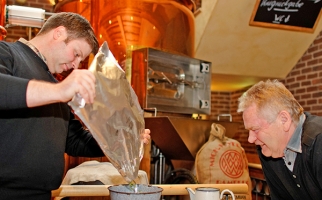
Hop To It! The Science Behind Beer
STEM Explained
Brewing beer involves a series of complex biochemical reactions.
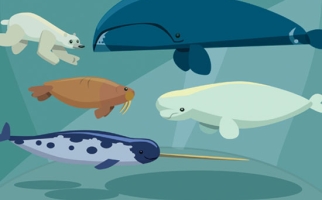
How are Arctic Animals in Canada Affected by Climate Change?
STEM Explained
Arctic animals have evolved to thrive in harsh arctic ecosystems, but the environmental footprint created by climate change is affecting their survival.
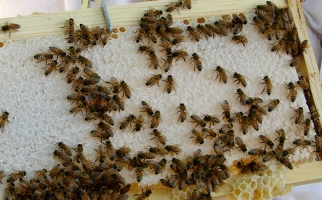
How are the World's Bee Populations Doing?
STEM Explained
Bees are important for agriculture. But bee populations face threats. This resource looks at Colony Collapse Disorder, herbicides & pesticides, and more.
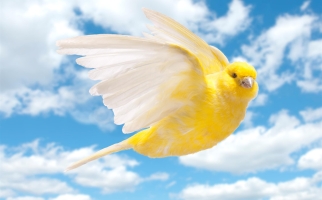
How Can Birds Help Monitor the Health of Ecosystems?
STEM Explained
Scientists can observe birds to get useful information about the health of, and changes in, an ecosystem.

How Can I Go Faster on My Bike?
STEM Explained
You don’t have to pedal harder to go faster. You just have to understand a little bit about gravity, drag and friction!
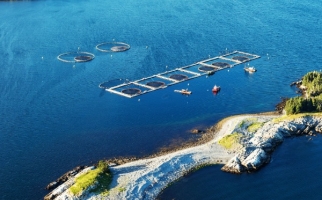
Farmed Salmon vs. Wild Salmon
STEM Explained
Aquaculture is seen as a sustainable way to produce fish. But are farmed salmon better than wild fish?

From Sky to Space
STEM Explained
Canadian astronauts Jeremy Hansen and David Saint-Jacques explain how learning to fly an aircraft prepared them for the challenges of living in space.

Gamma Rays: Helper or Hazard?
STEM Explained
Gamma rays might make you think of cancer, harmful radiation or superheroes. But gamma rays have lots of uses: food safety, manufacturing and even medicine!
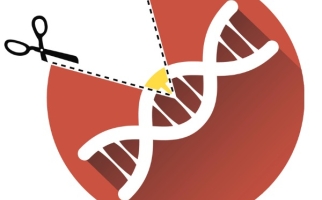
Genome Editing
STEM Explained
Medical biotechnology allows scientists to make changes to the genomes of living things. What are the pros and cons of having access to techniques like these?

Green Walls
STEM Explained
Green walls use plant processes to improve air quality in buildings.
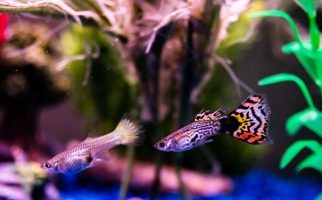
Guppies, Guppies Everywhere!
STEM Explained
How do different populations adapt to their environment? Let’s explore this concept through guppy speciation.

Have Scientists Found a Way for People to Live Longer?
STEM Explained
Everything and everyone ages. But scientists have made discoveries about our cells and circulatory and immune systems that could potentially one day be used to increase human lifespans.

Why is Henrietta Lacks Important?
STEM Explained
When the cells of Henrietta Lacks were collected by medical researchers after her death in 1951, it changed the future of medicine.
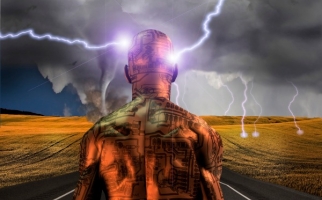
Do Amps or Volts Kill You?
STEM Explained
This resource explains electricity basics - volts, amps, currents, resistance, and why it is dangerous to touch electrical outlets with wet hands.
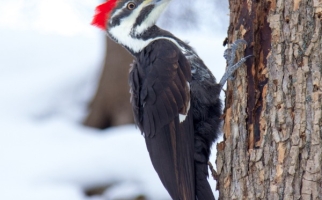
Do Woodpeckers Get Concussions?
STEM Explained
Pecking puts a lot of force on a woodpecker’s brain. But scientists think woodpecker bodies are adapted to help keep them from being injured during pecking-related collisions.